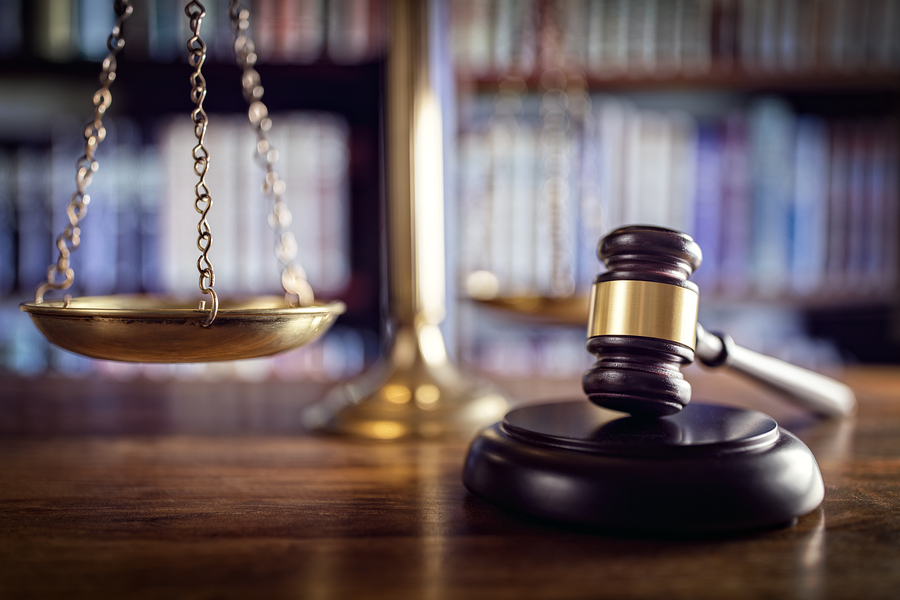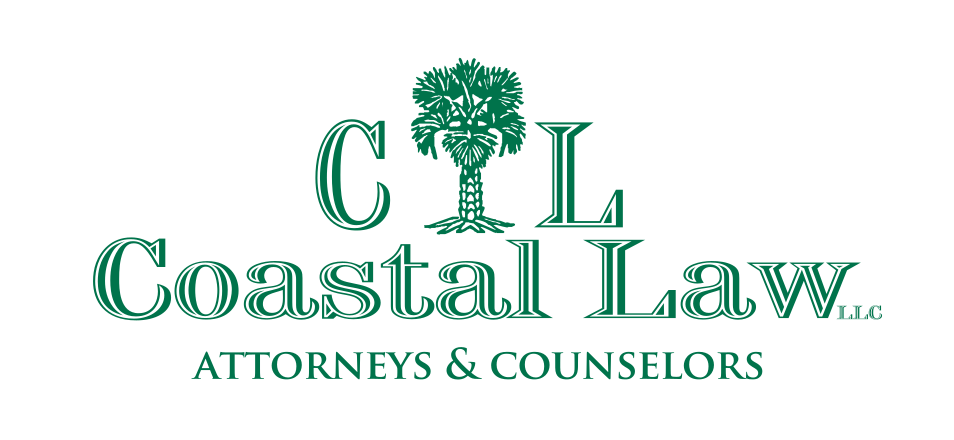
A traffic stop.
A DUI checkpoint.
A car accident.
However it started, you’re now facing a DUI charge and a long road ahead before the situation is resolved. And one of the scariest parts of this long road? Not knowing what to expect.
So if this is your first DUI offense, keep reading to learn more about the court process for first-time offenders. If you’re facing a second, third or fourth DUI offense, then you’ll go through a slightly different process. The information below only applies to first-time DUIs.
The Basics
In South Carolina, a DUI charge has two parts:
- An administrative side, which deals with the DMV and an administrative hearing
- A criminal side, which goes through the courts with a prosecutor
Depending on your particular situation, you could be facing license suspensions on both sides as well as possible fines, jail time or other punishments from the criminal justice side.
Let’s take a deeper look at what happens during the administrative hearing process.
Administrative Hearings
After your arrest for suspected DUI, the police officer will ask that you complete a Breathalyzer test or a blood test to determine your blood-alcohol concentration (BAC). South Carolina’s implied consent law states that by being stopped, you automatically agree to take these tests. If you refuse, there will be consequences.
If you refuse or your BAC is a certain threshold, your driver’s license will immediately be suspended. In either of these situations, you are eligible to request an administrative hearing, which must be done within 30 days of your arrest.
At the hearing, you or your attorney will contest the suspension of your license.
If you win, your driver’s license will no longer be suspended; however, you’ll still have to go through the DUI court process, which may or may not have a different outcome.
If you lose the administrative hearing, your license will continue to be suspended (along with expensive consequences), and you’ll continue with the DUI court process.
Bench Trial vs. Jury Trial
In the first part of the court process, you’ll go before a judge and plead either guilty or not guilty.
Pleading not guilty means you have a choice. You can either let the judge decide your case—a bench trial—or request a jury trial instead.
The law states that you have a right to a jury trial, which means a jury of six of your peers would decide the case. If you ask for a trial by jury, then a date would be set for your trial.
Pre-Trial Hearings & Preparing for Trial
Some courts have a pre-trial hearing to schedule your trial and could include motions by your attorney, such as a motion to dismiss the case or a motion to exclude evidence. A pretrial hearing is also an opportunity for your attorney to meet with the solicitor in person and try to negotiate a favorable resolution on your behalf.
During the time leading up to your trial, your attorney will be busy preparing for your case. To begin, he or she will review all of the evidence—both your side of the story and evidence collected from the police and solicitor’s office.
There are technical rules regulating how DUI stops should be handled. If the technical rules weren’t followed correctly, evidence against you, or sometimes your entire case, may get thrown out. Your lawyer will look for possible mistakes by the police, such as mistakes handling evidence or procedural errors in the investigation. Either of those things could get your charge reduced to a lesser offense or potentially get your case dismissed. Not every mistake that is made will make a difference, but some are game-changers.
At the same time, your attorney will negotiate with the solicitor to try to get you a lesser charge, a plea deal or a favorable sentence. Unless one of those options pans out, you’ll have to move forward with the trial.
Trial
On your court date, the trial will begin with motions and the selection of the jury. Once all that’s settled, the lawyers will make opening statements to the judge and jury.
After that, the solicitor will present the state’s evidence against you. That will include calling witnesses, such as the arresting officer, as well as showing the video of your arrest and the results of your BAC test. If you refused the test, that will be used against you to suggest that you knew you would have been over the legal BAC limit.
Your attorney will have the chance to cross-examine the solicitor’s witnesses and call witnesses on your side. You may or may not testify, depending on what you and your lawyer think is best.
When all the evidence has been presented and all witnesses questioned, the lawyers will make closing arguments. The judge will provide instructions to the jury, and you’ll wait while the jury deliberates.
What Happens After Trial?
If the jury finds you not guilty, then you’re done and free to move on with your life.
If the jury finds you guilty, then you’ll be convicted of a DUI and sentenced according to the guidelines of the law. Your sentence can include any number of penalties, such as:
- Enrolling in ADSAP (Alcohol and Drug Safety Action Program)
- Doing community service
- Paying fines between $400 to $1,000, plus court costs
- Installing the Ignition interlock device program
- Serving jail time between 48 hours to 30 days
- Having your license suspended for six months
- Obtaining SR-22 insurance
If you’re facing a DUI charge in South Carolina, it’s important that you hire an attorney to fight for your rights.
A DUI is much more serious than a regular traffic violation; the consequences can have a lasting impact on your life. Now that you know what to expect, you need to decide how you’re going to handle it. Hiring an experienced criminal defense attorney could be the smartest decision you make.
Our lawyers have fought many DUI cases and worked with our clients to get the best outcome possible. We handle these types of cases on a regular basis. Let us help you do the same.
Schedule a free consultation to discuss the facts of your case by calling (843) 488-5000 or filling out our online form.

